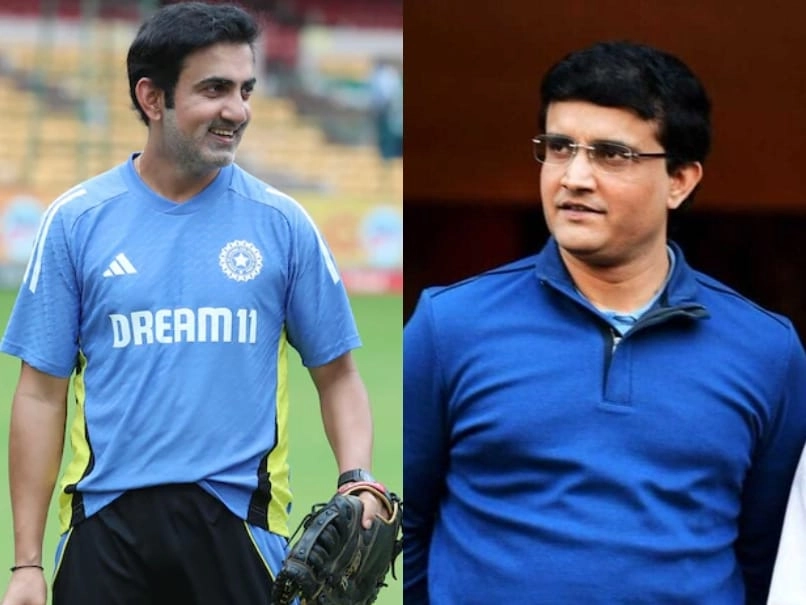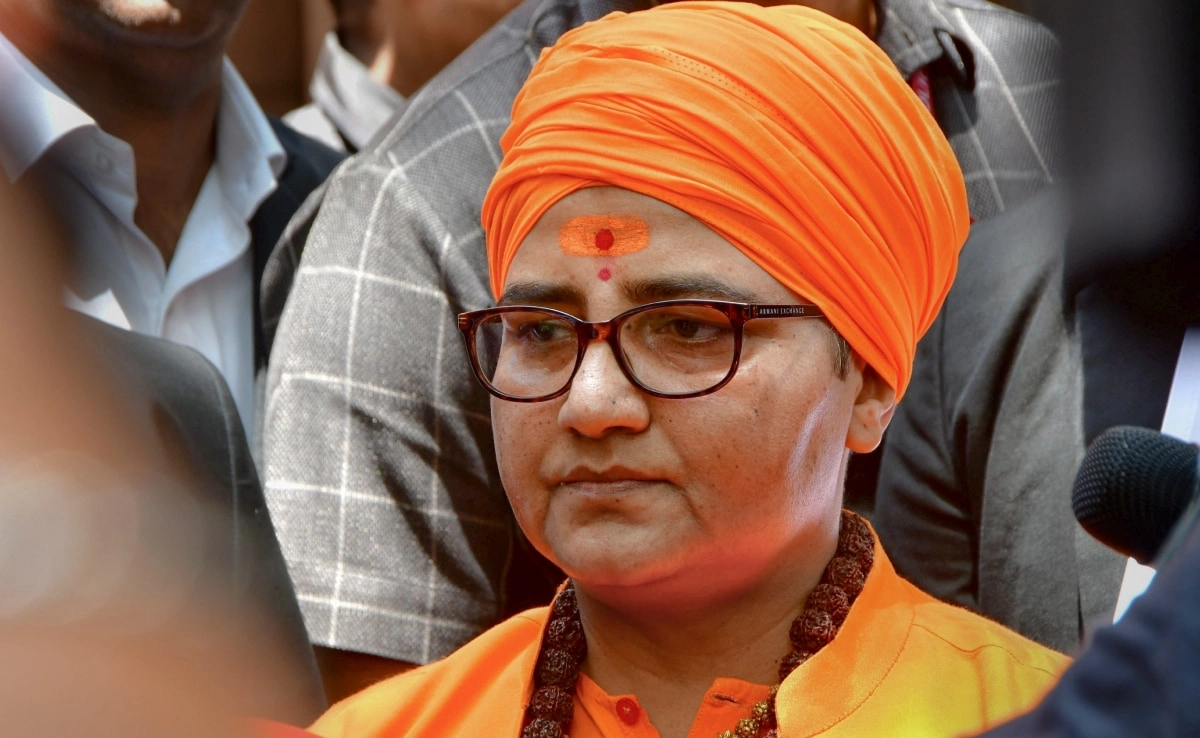Sourav Ganguly, the former Indian cricket captain and a prominent figure in the sport, has recently voiced his concerns regarding Gautam Gambhir’s selection for the India XI against England. Ganguly, known for his forthright opinions, has raised serious questions about the strategic choices made by Gambhir in assembling the team. This scrutiny comes at a time when India is facing critical matches that could significantly impact their standing in international cricket.
Ganguly’s inquiry centers around the balance of the team and the players chosen to represent India. He believes that the selection process should not only focus on individual performances but also consider the overall team dynamics and the specific conditions in which the match is played. Gambhir’s lineup, according to Ganguly, may lack the necessary experience and skillset to adapt to the challenges posed by a formidable opponent like England. This critique highlights the importance of strategic thinking and foresight in team selection, especially during high-stakes games.
Furthermore, Ganguly emphasizes the need for a solid batting order and a reliable bowling attack to compete effectively. He questions whether Gambhir’s choices adequately address these critical components. The former captain suggests that while Gambhir has insights as a former player and coach, the final decision must be rooted in a comprehensive analysis of the current team’s strengths and weaknesses. Ganguly’s remarks serve as a reminder of the complexities involved in cricket management and the pressure selectors face in making the right choices.
In light of these discussions, it’s clear that team selection is not merely a matter of picking the best players; it involves careful consideration of various factors, including player form, opposition strengths, and match conditions. As India prepares to take on England, the cricketing community eagerly awaits the outcome of Gambhir’s selections and how they align with Ganguly’s critical observations. This dialogue between former players underscores the ongoing evolution of cricket strategy and the importance of experienced voices in guiding the future of the sport.




